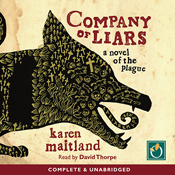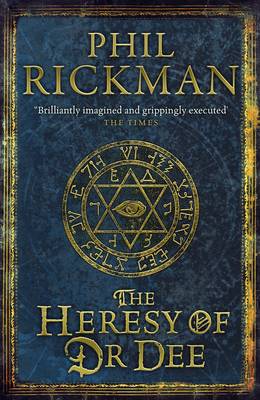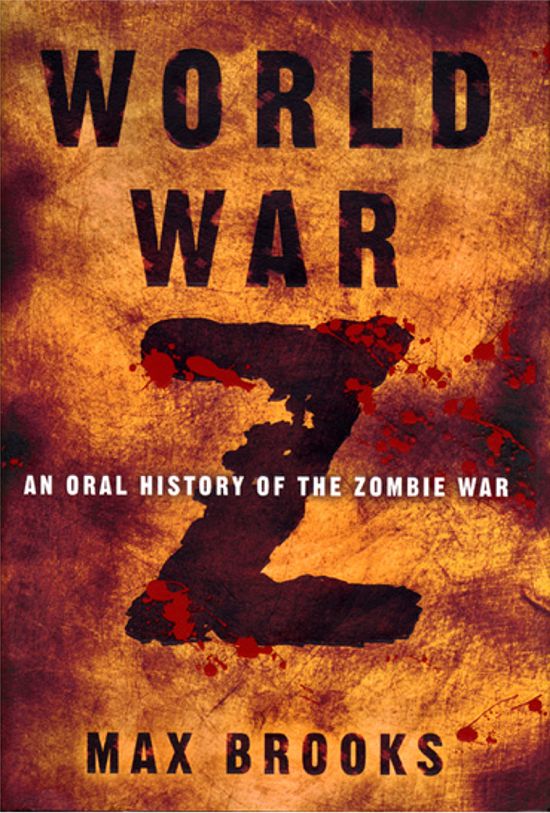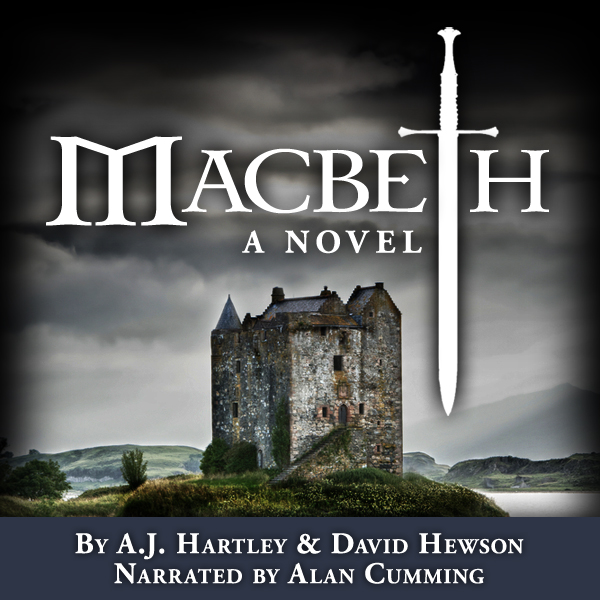“Young man," he said, "understand this: there are two Londons. There's London Above―that's where you lived―and then there's London Below―the Underside―inhabited by the people who fell through the cracks in the world. Now you're one of them. Good night.” Neil Gaiman, Neverwhere
 “Somehow, this was one oddity too many. He could accept "Mind the Gap" and the Earl's Court, and even the strange library. But damn it, like all Londoners, he knew his Tube map, and this was going too far. "There isn't a British Museum Station," said Richard, firmly.” Neil Gaiman, Neverwhere
“Somehow, this was one oddity too many. He could accept "Mind the Gap" and the Earl's Court, and even the strange library. But damn it, like all Londoners, he knew his Tube map, and this was going too far. "There isn't a British Museum Station," said Richard, firmly.” Neil Gaiman, Neverwhere
Richard Mayhew is an ordinary Scot living and working in London. He is so ordinary in fact, that he's boring. He works, he goes home, he goes out with his tempestuous fiancée and then starts that all again, day in, day out. He is also a very simple man. He is not particularly assertive, brave, brash or short-tempered.
One night, walking with his fiancée to have dinner with her boss, he happens to catch out of the corner of his eye an injured girl. Richard cannot leave the bleeding girl and picks her up and takes her home although his fiancée is outraged.
Nursing the girl back to health he suddenly realises that things are no longer as they were. Two strange looking men march in to his apartment looking for a girl named 'Door', suddenly his friends and family have no idea who he is... and to top it all off his landlord walks in to his flat with new tenants.
Unable to live in the real London he is pulled kicking and screaming in to 'London Below' the fantastical London that thrives through the underground. Richard is pulled in to a quest, and whilst trying to go back to his old life, finds himself instead.
The Audiobook
This audiobook is narrated by Neil Gaiman himself. I'll be honest, when I downloaded the book from Audible I was cynical. I thought that this was going to be an author with a big ego convinced that he'd do the voices better than anybody else. I kinda feel embarrassed. I obviously had not done enough research as I had no idea that Gaiman has narrated lots and lots of books. I'd also like to add that he was pretty spectacular! He was well paced, the differentiation between the voices were awesome and even his Scottish accent was excellent!
The Story
This is my first Gaiman novel, and I imagine it'll probably be my last. That sounds like such a negative way to start, but I don't mean it in a negative way in the least.
The novel falls under the 'Urban-Fantasy' genre. Gaiman understands fantasy. He does not feel obliged to go the high-fantasy route, what with giants and fairies, instead he turns something as mundane as the London underground in to something animated and literal.
It seems silly to say 'literal' when talking about fantasy - but here, let me explain. Each underground station has a different name. He takes those names and forged characters out of them i.e. Earls Court in to the 'Earl's Court', and has a subway train home to the Earl and his court. There's a district in London called 'The Angel, Islington' and lo and behold one of Gaiman's main characters is 'Angel Islington'. I really enjoyed this play on words, I found it witty and comical, and a homage to London.
Although the book is quite witty the protagonist is soooooo annoying, and soooo boring. He's the most unlikeable character in history. He was unsympathetic and just generally wimpy and whiny. In fact, he reminded me a lot of Arthur Dent from The Hitchhiker's Guide to the Galaxy, and not in a good way considering that I didn't particularly enjoy that book.
The storyline is pretty slow as well. I had to drag myself through it kicking and screaming, and luckily, because it was in audiobook form I could do that, if it had been paper and ink though, I don't think I would have been able to finish it. It finally picked up speed in the last two hours of the audiobook and that is when I found myself finally enjoying the writing and the storyline.
Although both Gaiman or his books will never be favourites of mine, I am pretty certain that for some, his books are on par with Terry Pratchett's fantasy works. If you're a fan of Alice in Wonderland and want a new spin on it, this may just be the book for you! Also, if you liked The Hitchhiker's books I think you'll love this! It exhibits the same wit, comedy and joy. It's worth a try! You may discover a new found love!
Have you read this book? What did you think? Have I missed something? Let me know what you thought/think right here or over on Twitter @OrisiB
P.s. I do plan on watching the dramatisation... OH, OH, OH and if you're a James McAvoy fan I do believe they've put together an all-star cast to narrate the book on BBC 4, so check it out!
 “Somehow, this was one oddity too many. He could accept "Mind the Gap" and the Earl's Court, and even the strange library. But damn it, like all Londoners, he knew his Tube map, and this was going too far. "There isn't a British Museum Station," said Richard, firmly.” Neil Gaiman, Neverwhere
“Somehow, this was one oddity too many. He could accept "Mind the Gap" and the Earl's Court, and even the strange library. But damn it, like all Londoners, he knew his Tube map, and this was going too far. "There isn't a British Museum Station," said Richard, firmly.” Neil Gaiman, NeverwhereRichard Mayhew is an ordinary Scot living and working in London. He is so ordinary in fact, that he's boring. He works, he goes home, he goes out with his tempestuous fiancée and then starts that all again, day in, day out. He is also a very simple man. He is not particularly assertive, brave, brash or short-tempered.
One night, walking with his fiancée to have dinner with her boss, he happens to catch out of the corner of his eye an injured girl. Richard cannot leave the bleeding girl and picks her up and takes her home although his fiancée is outraged.
Nursing the girl back to health he suddenly realises that things are no longer as they were. Two strange looking men march in to his apartment looking for a girl named 'Door', suddenly his friends and family have no idea who he is... and to top it all off his landlord walks in to his flat with new tenants.
Unable to live in the real London he is pulled kicking and screaming in to 'London Below' the fantastical London that thrives through the underground. Richard is pulled in to a quest, and whilst trying to go back to his old life, finds himself instead.
The Audiobook
This audiobook is narrated by Neil Gaiman himself. I'll be honest, when I downloaded the book from Audible I was cynical. I thought that this was going to be an author with a big ego convinced that he'd do the voices better than anybody else. I kinda feel embarrassed. I obviously had not done enough research as I had no idea that Gaiman has narrated lots and lots of books. I'd also like to add that he was pretty spectacular! He was well paced, the differentiation between the voices were awesome and even his Scottish accent was excellent!
The Story
This is my first Gaiman novel, and I imagine it'll probably be my last. That sounds like such a negative way to start, but I don't mean it in a negative way in the least.
The novel falls under the 'Urban-Fantasy' genre. Gaiman understands fantasy. He does not feel obliged to go the high-fantasy route, what with giants and fairies, instead he turns something as mundane as the London underground in to something animated and literal.
It seems silly to say 'literal' when talking about fantasy - but here, let me explain. Each underground station has a different name. He takes those names and forged characters out of them i.e. Earls Court in to the 'Earl's Court', and has a subway train home to the Earl and his court. There's a district in London called 'The Angel, Islington' and lo and behold one of Gaiman's main characters is 'Angel Islington'. I really enjoyed this play on words, I found it witty and comical, and a homage to London.
 |
| It's worth noting that you can also read this as a Graphic Novel! |
Although the book is quite witty the protagonist is soooooo annoying, and soooo boring. He's the most unlikeable character in history. He was unsympathetic and just generally wimpy and whiny. In fact, he reminded me a lot of Arthur Dent from The Hitchhiker's Guide to the Galaxy, and not in a good way considering that I didn't particularly enjoy that book.
The storyline is pretty slow as well. I had to drag myself through it kicking and screaming, and luckily, because it was in audiobook form I could do that, if it had been paper and ink though, I don't think I would have been able to finish it. It finally picked up speed in the last two hours of the audiobook and that is when I found myself finally enjoying the writing and the storyline.
Although both Gaiman or his books will never be favourites of mine, I am pretty certain that for some, his books are on par with Terry Pratchett's fantasy works. If you're a fan of Alice in Wonderland and want a new spin on it, this may just be the book for you! Also, if you liked The Hitchhiker's books I think you'll love this! It exhibits the same wit, comedy and joy. It's worth a try! You may discover a new found love!
Have you read this book? What did you think? Have I missed something? Let me know what you thought/think right here or over on Twitter @OrisiB
P.s. I do plan on watching the dramatisation... OH, OH, OH and if you're a James McAvoy fan I do believe they've put together an all-star cast to narrate the book on BBC 4, so check it out!






























